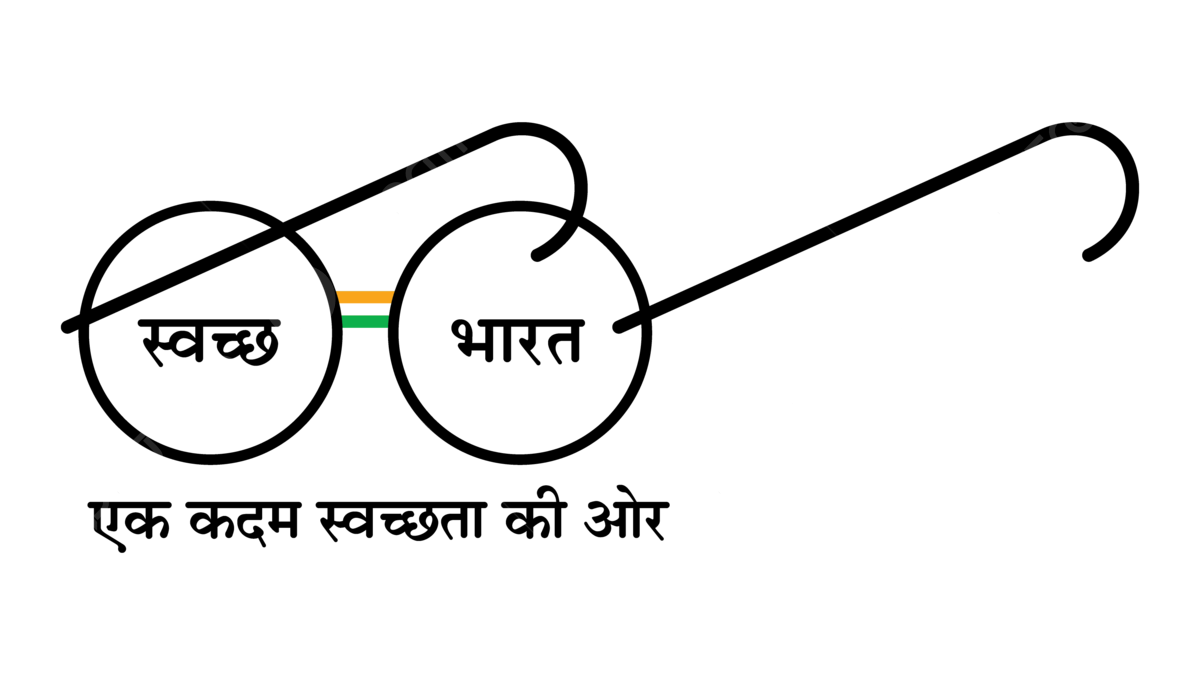
BBA LLB Admission 2024 in India: Your Comprehensive Guide



Law Courses mean a great deal for an individual. Only a matter of time, you face issues with Law Admissions and valuable experience

Law courses provide knowledge about the basic principles of Indian law, which can be used by people who want to pursue careers as lawyers or judges in India.
The present legal and judicial systems in India are based on English Common Law and thus these courses are essential for those who want to enter this field as well as for those who want to pursue higher studies in law or become judges.

PERSDC assists in Law Admissions in some UGC (University Grants Commission) & BCI (Bar Council of India) approved universities based in India.
Admission Process, Counseling, Verification : PERSDC provides all the legal admissions related services to help you secure admission into the LLB course at various law universities of India.
Admission Process, Counseling, Verification : PERSDC provides all the legal admissions related services to help you secure admission into the LLM course at various law universities of India.
Admission Process, Counseling, Verification : PERSDC provides all the legal admissions related services to help you secure admission into the PhD (Law) course at various law universities of India.
Law is an important subject to study. It helps you understand the law, how it works and what it means. It also allows you to do things by following the rules set by the law. The best place to learn about law is from a law college in India. Aimlay offers various Law Courses for you to choose from.

Law degrees are the highest-ranking degrees available in law schools. You can choose from different types of law degrees:
Lawyer - this degree is earned after completion of the first year of study and involves passing all four years of coursework, as well as qualifying exams at the end of your final year. The coursework covers topics such as criminal law, family law, civil procedure, property law and constitutional law.
Legal Administrator - this degree is awarded to individuals who have completed two years of legal studies and who want to work in a legal environment. It requires successful completion of a one-year practical internship and two exams during the second year.
Law is a very important profession and it helps in making the society a better place. A law degree is an undergraduate course that provides students with knowledge, skills and understanding of the laws that govern society.
Benefits of pursuing Law after 12th:
1. You will have a job after completing your graduation in Law.
2. You will get a job in a government or private firm as you are good at working on cases and solving issues related to law.
3. You can become an advocate, legal expert or even a lawyer if you want to practice law after getting your degree in this field from any university or college in India or abroad.[Text Wrapping Break]After the 12th, law is regarded as one of the most prestigious degree courses. Students in India can pursue a legal degree after completing a graduation degree (UG) in almost any field of study. Aspirants can also pursue law courses after completing their 12th year of arts, commerce, or science.
The Indian law course comprises various subjects like civil, criminal and constitutional law, who are divided into two sections – common and professional. The minimum qualification for eligibility for admission to these courses is 10th standard pass. However, there are exceptions for those who have passed intermediate or matriculation examinations with good marks.
Law admissions in India are conducted by the Bar Council of India. The eligibility conditions for admission to law courses, as specified by the Bar Council of India, are given below:
To be eligible for admission to a Bachelor of Laws (Hons.) course at a recognized university/colleges, the candidate must satisfy the following minimum criteria:
1. A candidate should have secured at least 50% marks in aggregate in 10th and 12th class examinations.
2. The candidate should have passed an intermediate examination with Physics, Chemistry, or Biology as one of the subjects (for SC/ST candidates) and Mathematics or English as another subject (for OBC/NCL/SBC candidates).
3. Candidates who have passed an exam like SSC/SSCET/JEE Advanced etc. shall not be allowed to appear for competitive exams like NEET or AIIMS PG/DM.
The Common Law Admission Test (CLAT) is an entrance exam for law students in India. It was introduced in 2008 and the test is conducted by the Indian Institute of Management, Ahmedabad (IIMA) every year.
The CLAT is a three-day test which consists of verbal reasoning, logical reasoning, comprehension skills, analytical skills and writing skills. The exam pattern has been changed from time to time as per the needs of the industry. In 2018, CLAT will be conducted from May 10 to 13 across different cities in India.
CLAT 2018 – Dates & How to Apply:
The CLAT application form is available from April, on the official website of IIT-JEE and is required for admission into various B-schools across the country. Candidates must register online by visiting Aspirants can fill up their online application form till May.
The admission to the Indian law course is done through a competitive exam called the JEE (Joint Entrance Examination). The JEE, which is conducted by the Central Board of Secondary Education (CBSE), is the only entrance exam in India that can be taken by all students studying in any of the Universities and colleges located across India.
The Indian law system is based on English law, but there are many differences between the two systems. The main difference is that in India, all laws are made by Parliament and not by courts. In addition to this, the Supreme Court of India has been given the power to declare laws unconstitutional if they do not conform to basic human rights.
In order to become a lawyer in India, you must complete at least a bachelor’s degree from an accredited university or college. After completing your undergraduate studies, you will need to complete a two-year law degree program which can be completed in three years.
1. The first year is spent learning about various topics such as civil procedure, criminal procedure and evidence and constitutional law.
2. The second year focuses on principles of law such as contract law and tort law while the third year covers areas such as property law and torts such as negligence and intentional torts (intentional infliction of harm).
Law is the science of rules and laws. It deals with the rules that govern a society and its legal system. Law can be applied in many areas of life, such as criminal law, family law and civil law.
Universities also offer professional degrees like LLB, LLM etc. These courses provide hands-on experience in real life scenarios to gain practical knowledge about laws.
Many people think that lawyers are only interested in making money or making decisions for others. However, this is not true at all. Lawyers are also interested in making sure that the laws they create are fair and just for everyone involved.
Law courses can help you gain more knowledge about what it means to be a lawyer or even find out if you would like to become one in the future.
Civil Litigation is one of the courses that can be followed by women. The most popular among these courses is the course on civil litigation. This course helps in understanding the various aspects of civil law and court procedures.
It also helps in knowing about legal issues that are related to different areas of law. In order to become a successful lawyer, it is necessary to have a knowledge of the existing laws and their importance in our society. A lawyer must also have an excellent command over the English language as well as knowledge about contract law and commercial laws.
Law courses are the most stressful courses. It is a very competitive field and you will have to study hard to get decent marks. You will also have to spend a lot of time in libraries, reading books and papers.
Law degrees are not easy to pursue as they require a lot of math, which is not easy for most people. Also, you need to be very good at writing essays and conducting research papers on different topics related to law. And finally, if you want to practice as a lawyer then you will have to pass the bar exam which can be very challenging for most students.
1. There are many options when it comes to law degrees, but if you’re looking for a career in law, there are certain types of degrees that can help you land your dream job.
2. The best way to find out which type of law course will provide you with the best chance of being employed after graduation is to talk to people who have recently graduated from that type of law program. They will have valuable insight into whether the program was worth their time and money and what kinds of jobs they were able to land after graduation.
3. Law courses often focus on one particular area of law, such as criminal law or family law. However, many students choose to specialize in two different areas instead of focusing solely on one area. For example, some students choose to study both criminal and family law at the same time so they can work with both types of cases during their internship or summer internship opportunities.

BBA LLB Admission 2024 in India: Your Comprehensive Guide

LLB Admission 2024 in India: Eligibility, Entrance Exam, Application Process

Law Admission 2024: Entrance Dates, Eligibility Criteria, Courses

Law Admissions 2024: Courses and Scope of Law